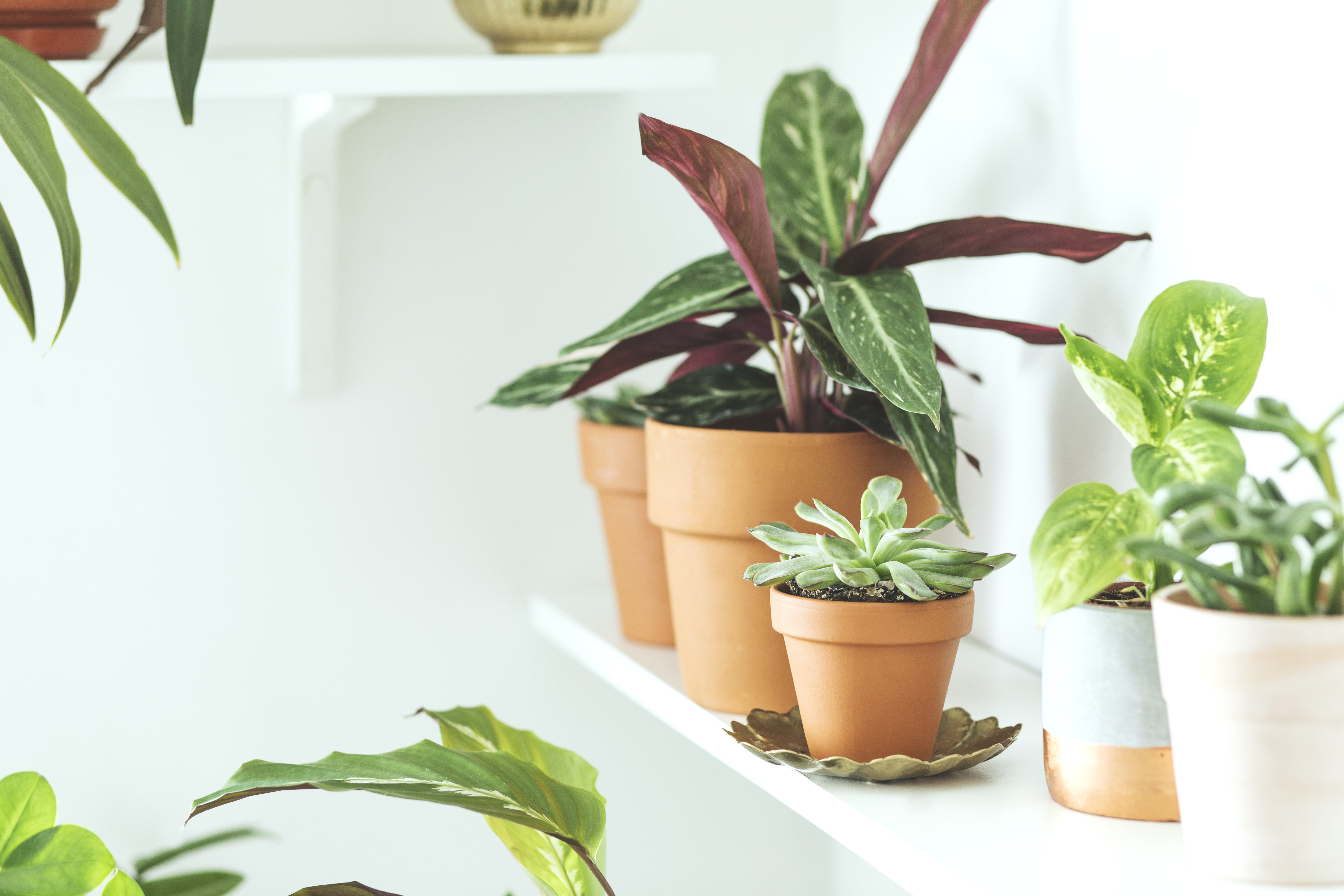Nutrient Deficiency in Plants: Early Warning Signs Every Grower Should Know

Healthy plants are the foundation of a thriving garden or indoor plant collection. However, even with regular watering and sunlight, plants can suffer if they lack essential nutrients. Recognizing the early warning signs of nutrient deficiency can help you address problems before they impact plant growth and yield.
Understanding Plant Nutrients and Their Importance
Plants require a variety of nutrients to grow properly, including macronutrients like nitrogen, phosphorus, and potassium, as well as micronutrients such as iron, magnesium, and calcium. Each nutrient plays a critical role in various physiological processes like photosynthesis, root development, and flowering. When these nutrients are insufficient in the soil or growing medium, plants show specific symptoms that indicate what is missing.
Common Signs Your Plant Needs More Nutrients
One of the most noticeable signs is yellowing leaves (chlorosis), often caused by nitrogen deficiency. Stunted growth or smaller leaves may indicate a lack of phosphorus or potassium. Purpling or reddening stems can be a sign that phosphorus is low. Additionally, browning leaf edges or tips might suggest potassium deficiency. Spotting these changes early allows for timely nutrient supplementation.
Micronutrient Deficiency Indicators to Watch For
While micronutrients are needed in smaller amounts compared to macronutrients, their absence can severely affect plant health. For example, iron deficiency often leads to interveinal chlorosis where leaf veins remain green but surrounding tissue yellows. Magnesium deficiency causes older leaves to develop yellow patches while veins stay green. Calcium shortages may result in distorted new growth or blossom end rot in fruits like tomatoes.
How to Correct Nutrient Deficiencies Safely
Once you’ve identified nutrient deficiencies through visual signs or soil testing, correct them by applying appropriate fertilizers either through soil amendments or foliar sprays. Balanced fertilizers containing all necessary macro- and micronutrients are a good starting point for general deficiencies; however specific supplements may be needed for particular shortages. Always follow label instructions carefully to avoid over-fertilization which can harm plants.
Preventing Future Nutrient Deficiencies
Regularly monitoring your plants’ health alongside periodic soil tests helps maintain optimal nutrient levels over time. Using compost and organic matter enriches soil naturally while improving its structure and water retention capabilities—both vital for healthy roots that absorb nutrients efficiently.
By understanding and recognizing the early warning signs that your plant needs more nutrients, you empower yourself to take swift action—ensuring your garden stays vibrant and productive throughout every season.
This text was generated using a large language model, and select text has been reviewed and moderated for purposes such as readability.


